Experts see huge potential for cooperation between China and Southeast Asian nations in promoting marine ranching, which is a viable solution to addressing overfishing in the region.
They made the remarks during the 2024 Regional Comprehensive Economic Partnership Youth Dialogue on Regional Cooperation in Marine Economy, which was held on Saturday in Haikou, in Hainan province.
Hu Bo, director of Peking University's Center for Marine Strategy, highlighted China's rich experiences in aquaculture and marine ranching. The latter is a form of aquaculture that involves cultivation of marine resources like fish for food and other products in open sea or in an enclosed section of the ocean.
Currently, 80 percent of China's fish harvest comes from aquaculture. "The proportion of wild fish in the country's total fish harvest has shown a declining trend," Hu said.
In 2022, the marine capture production in the country was less than 10 million metric tons, with only 2 million tons of it coming from the South China Sea, he said.
"To a great extent, China is no longer reliant on fishery resources in the South China Sea," he added.
Thanks to China's proactive efforts to promote marine ranching, he said, this new mode is now contributing roughly 5 percent of the total aquaculture produce.
He said that China made progress in aquaculture as fishery resources depleted at an alarming rate in the South China Sea.
Covering only about 1 percent of the world's ocean area, the South China Sea, including the Gulf of Thailand, contributes to 10 percent of global capture, he said.
"Such excessive fishing is undoubtedly unsustainable," he added.
To make matters worse, there remains an increasing demand for fishery products as Southeast Asian economies expand rapidly. Currently, about 1 billion people rely on protein resources from the South China Sea, he said.
Hu said that China's experiences in promoting marine aquaculture and ranching can be an instructive solution for Southeast Asia to strike a balance between development and protection.
China can offer support in terms of funding, technology and equipment to promote in-depth cooperation in this regard, he added.
Ben Lee, general secretary of the Malaysian Chamber of Commerce in Shenzhen, Guangdong province, also looks forward to seeing China and Southeast Asian countries joining hands to promote marine ranching.
China's marine ranching methods also utilize all available space from the ocean surface to seabed, Lee said. He said he believes the use of all these techniques are needed in the Southeast Asian region, and he hopes that China can take its technologies to these nations.
Li Nan, senior engineer and chief researcher of CNOOC Energy Economics Institute's Section of Ocean Economics, said that China and some RCEP countries can also cooperate to explore the development of marine ranching and marine wind power in an integrated manner.
China already has good practices, he said. With rich wind and fishery resources, these countries also boast suitable geographical conditions for such integrated development. "The introduction of marine wind power can provide more clean energy and reduce the carbon emissions generated by the aquaculture sector."








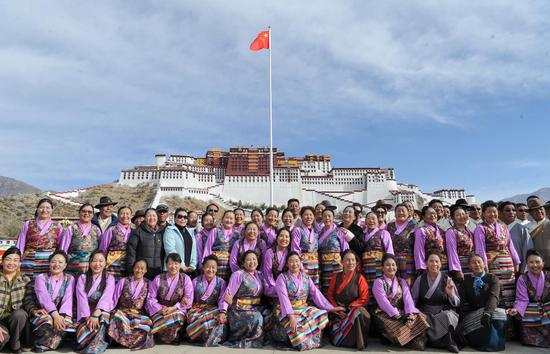
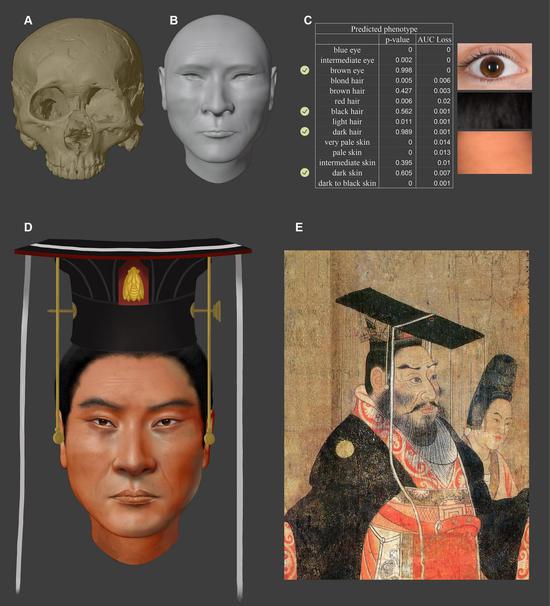

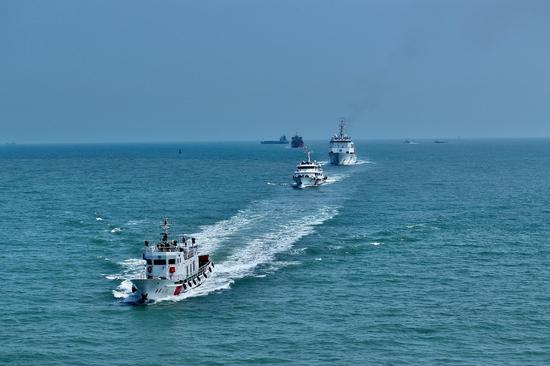

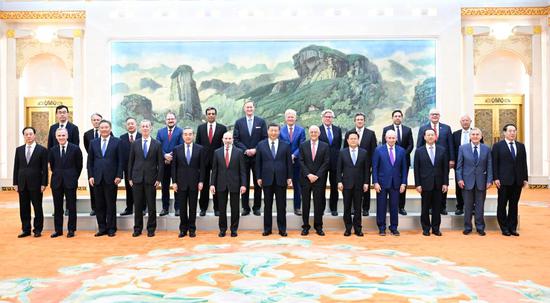
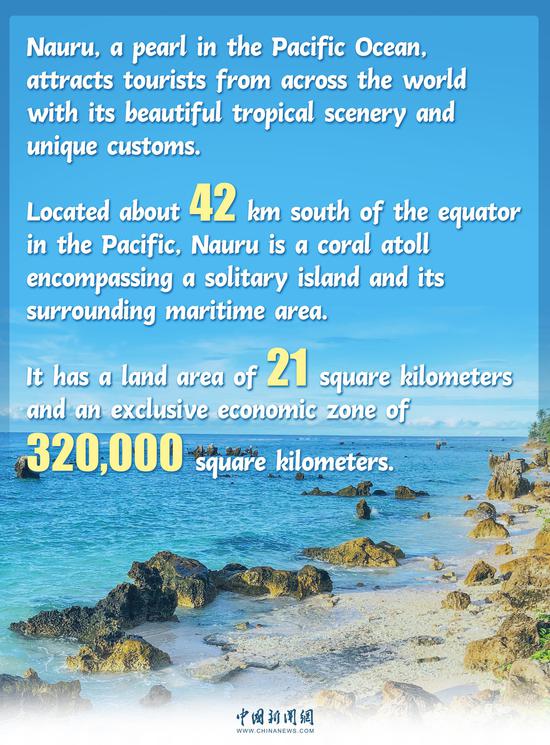
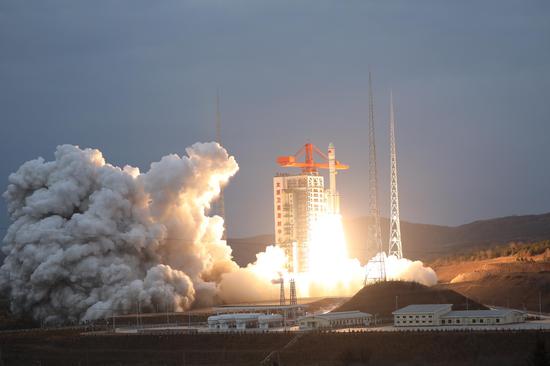

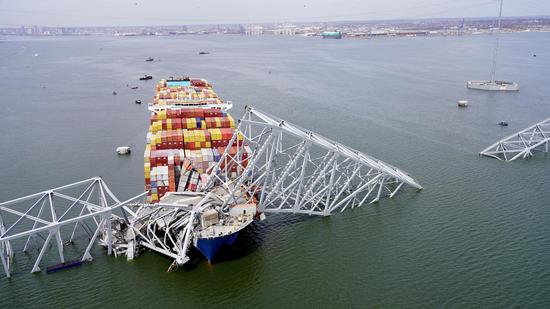



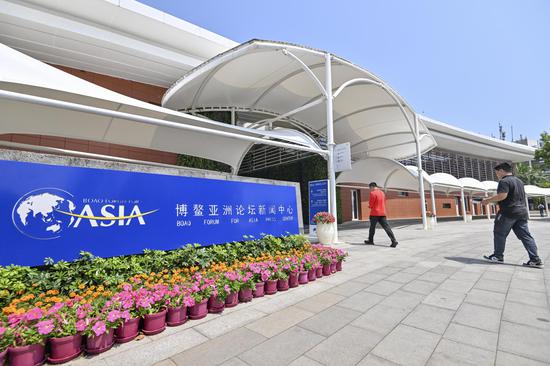


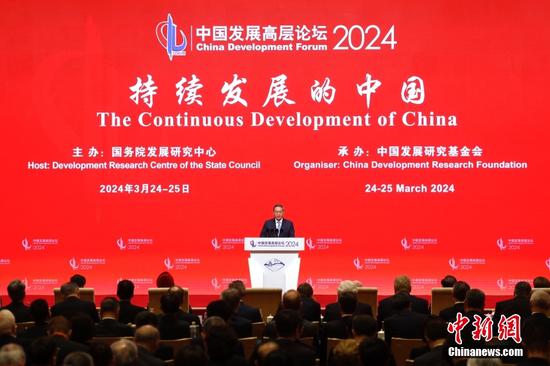
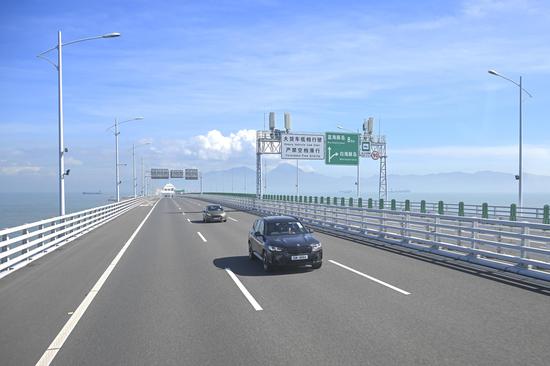


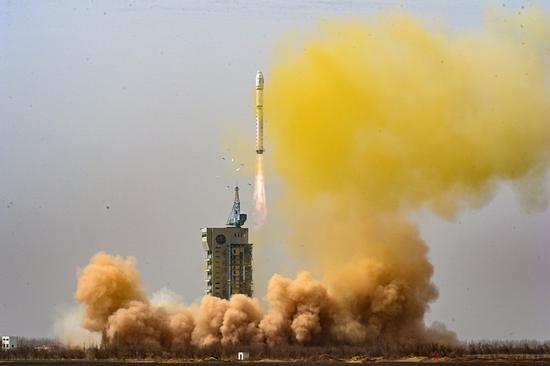
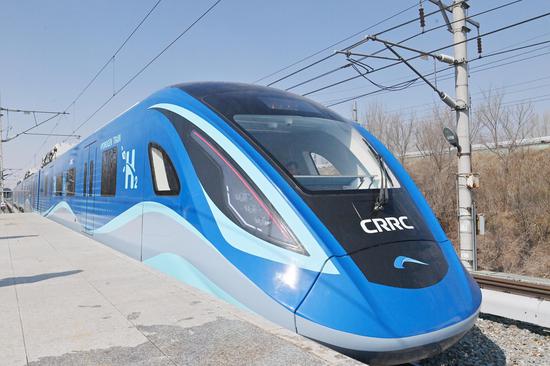


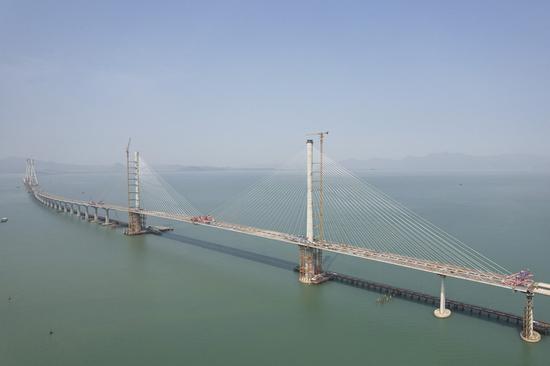



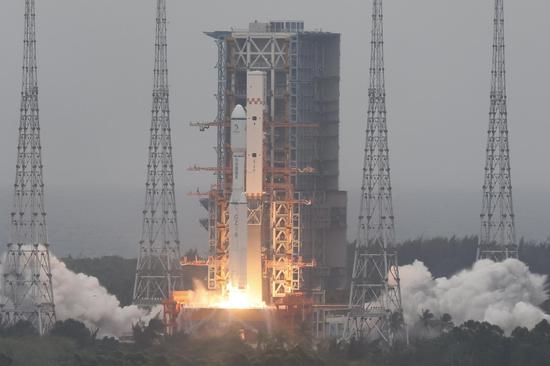


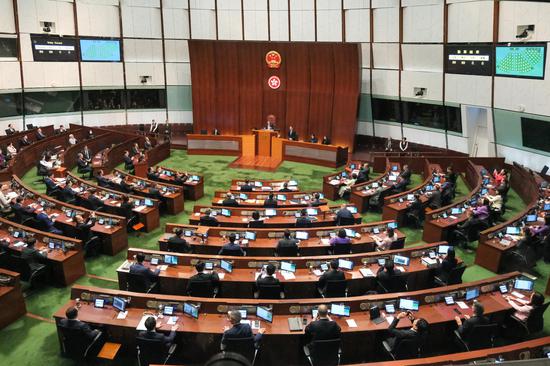




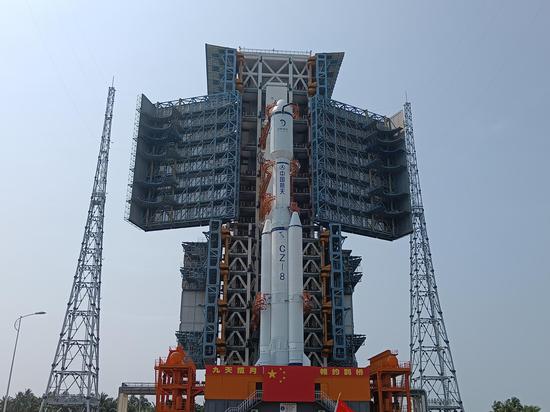





 京公网安备 11010202009201号
京公网安备 11010202009201号